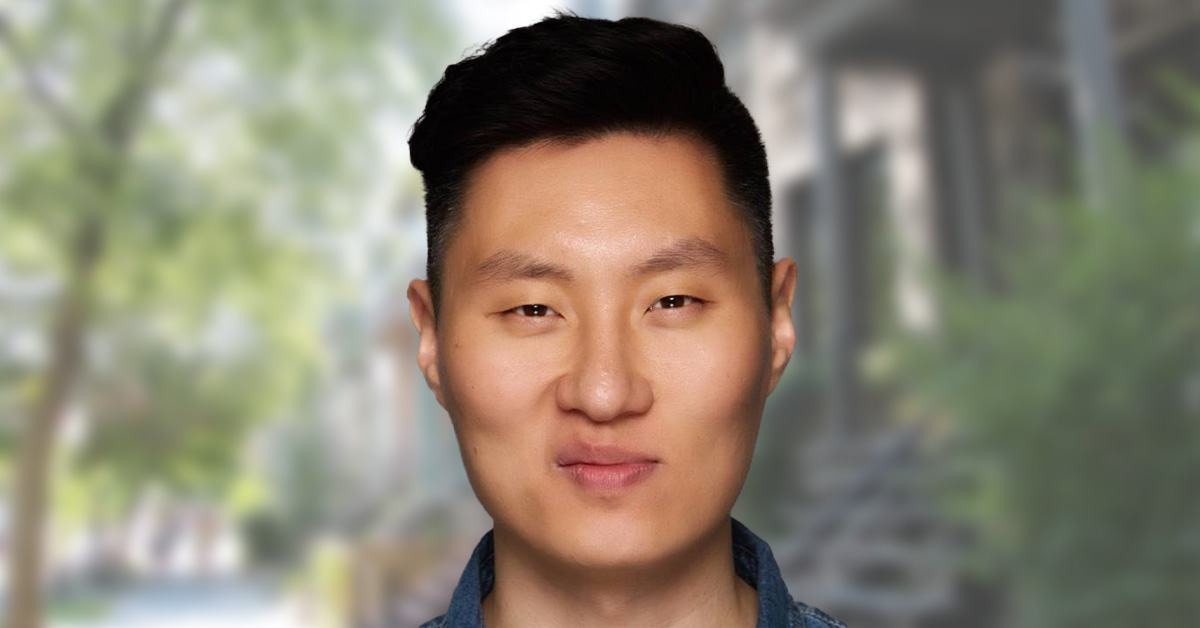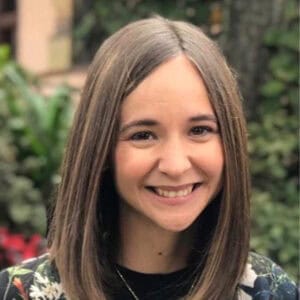We’re thrilled to introduce our guest, Chengeer Lee, a transformation coach and talent acquisition professional in the tech space. Chengeer, originally from Kazakhstan, moved to Canada in 2019. Since then, he has drawn from his various experiences, including those as a startup founder, researcher and educator, as well as his own personal transformation journey, to assist his coaching clients in combating burnout, navigating high-pressure scenarios, and enhancing their leadership skills.
So let’s start with your arrival in Canada. What drew you to Canada initially?
I was in Canada before – this is actually my second foray. I’m a bit of a cheater. The first time I was in Canada, back in 2009, I came as a student. I lived in Regina and studied there at the university.
Then I dropped out of school, went to Montreal, studied some French, and worked at McDonald’s – that’s how I practiced the language. (That was an interesting experience.)
Then my visa finished, and I had to move on. But Canada changed me forever and I promised myself that one day I’d be back.
So it was a long project in the making. I travelled a bit more afterwards, and in 2019, I did come back [to Canada].
Did you face any initial challenges upon your arrival in Canada in 2019? How did you overcome them?
When I arrived [for the second time in 2019], I [saw it as a] blind leap of faith. I told myself: I’m going to go with 10 grand in my savings accounts, and just figure it out.
I arrived [and thought], “I don’t have any skills.” The first job I secured [was as] personal trainer in a gym. It was funny because, just before I needed to start, the owner of the gym called. [There was a] new business partner, and he said: “Hey – you are not certified. You can’t start. We can’t hire you.” So [that job] didn’t work out. But then COVID hit and the gym got closed. So I dodged a big bullet right there.
But I still got very lucky that I landed my job within 40 days. I found a job fair. It was for a local non-profit employment service. They brought people from all over the city. It was very hectic. I think they’d expected about 100 people, but there were 300 plus. And people were disgruntled – angry that no one was accepting resumes. […]
I just thought, before I leave, I’m going to give [the organizers] a piece of my mind – give feedback about the [event] and how [they could] do better next time.
But we started talking, and for some reason, they looked at my resume and said, “You have something really interesting,” and invited me for an interview.
Six months into the job, I said, “Hey, why me? You had so many people out there – 300 plus options. Why did you hire me?” And they said out of all 300 people, you’re the only one who came and talked to us. So I guess I learned very quickly that you have to be bold and ask. If you don’t ask, the answer is always no.
What would you say settling in a new country has taught you? What’s the main thing you took away from coming to Canada?
There are so many things. [I know that my] experience compared to other stories out there was very smooth.
I was lucky to land the job within 40 days, [and that] the job itself was interesting. It was something new – something I never even imagined could exist. I was a job developer, so basically my function was to connect job seekers – newcomers mostly – and companies. So, as you can imagine, lots of business development, lots of cold calling.
I quickly realized that I did have skills [and] common sense. Personal growth [knowledge] was not common. I learned that there was a demand for these skill sets.
[Many recruiters say they] do not intentionally go into recruitment; [they] fall into recruitment. That’s what happened to me as well. I realized that, yeah, you can build a whole career just based on your communication skills. […]
I got into job development and then job coaching, then eventually career coaching, and then recruitment career coaching. [It was ] a very organic progression.
I’ve never wanted to label myself just as a career coach [because I think what I do is] more holistic and complex than that. My natural curiosity for philosophy, esoteric teachings, religion, and spirituality [lead to] what I now call transformation coaching — taking a human holistically and helping them to utilize their mind in the best possible way.
What would you say to someone who has never worked with a coach before? What are the main benefits of working one-on-one with a coach?
Every first session starts with the question “Have you ever worked with the coach?” The answer is normally no.
Then I explain what my understanding of coaching is. Because I’m in the tech space, I use tech language. [For example:] Your brain is a hardware. You’re just born with the brain. You don’t choose it. It’s a bit of a blind luck. If you’re lucky, you get high function. Your mind is an operating system – you’re literally using the mind to operate in the world. And if it’s functional, you can create stuff. You can manifest whatever you want.
Your beliefs are application systems so, like applications, you can install them, uninstall them, or upgrade them. You are writing the code for your own mind.
My number one job [as a coach] is as a debugger. It’s to bring the code to the level of your awareness. Secondly, I pressure test it. If the code breaks, it means it’s not robust and you have the opportunity to write a new code. […]
What pieces of advice would you give people at the pre-arrival stage and the arrival stage?
I’m a coach. I don’t give advice. I coach, and I ask questions. I’m very careful with prescriptions.
But if I am [going to] prescribe, I would say do your research. As humans, this is our jam. […] [That means] consolidating, synthesizing, aggregating knowledge, and facilitating [access to it].
If there is a sincere desire to understand, [all the information you need to succeed is accessible].
This interview has been edited for brevity, and the original podcast can be found here.



